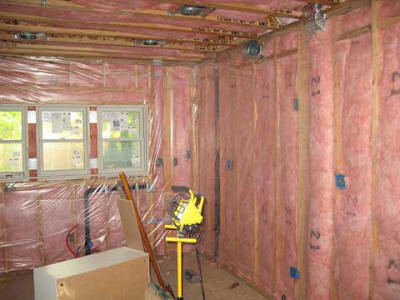Just 5 per cent of the country’s rental stock has been insulated under the scheme, which offers a 33 per cent subsidy for houses built before 2000, or a 60 per cent subsidy for community services cardholders or their landlords.
That is a low level of engagement, compared to the hundreds of thousands of private homes that have been insulated.
But a significant concern is the suggestion that some insulation installers are limiting the 60 per cent subsidy access, because they think landlords are somehow going to take advantage of it.
At the weekend, one Manurewa landlord was quoted in the Herald on Sunday, saying that one installer would not let him have the subsidy because they thought it was likely that he would then move back into his rental property. The suggestion was that he was merely using his tenant to get the good deal, before whipping the property out from under her.
The installer needs to back that up. If they are going to deny a landlord access to a Government-funded subsidy based purely on the cynical suspicion that some investors will take advantage of it, they need to provide proof. It's not the installers' place to make moral judgements on the worth of various applicants for legitimate subsidies.
Sure, some landlords might wait until they get a community services cardholder as a tenant before applying for insulation under the Warm Up NZ scheme. But to suggest they would then turn around and kick that tenant out is absurd. Most landlords have their own homes. They are hardly knocking down the doors of their rentals, looking for somewhere to live.
And who really misses out when installers decide they won't help? The tenant.
Even with the 60 per cent subsidy, the landlord was still willing to pay something to insulate the property, probably about $1000. Deny them the subsidy and they’ll likely opt to pay nothing. Another rental property left uninsulated.
The best way to fix this problem would be to extend the 60 per cent subsidy to all rental properties. This would protect our most vulnerable, make the scheme easier to manage and remove this problem of installers deciding who can and can't access different levels of subsidy.



![[OPINION] Recessionary times](https://www.goodreturns.co.nz/pics/people/thumbs/300/Gilligan_Matthew_GRA%20New.jpg)

 Search
Search
